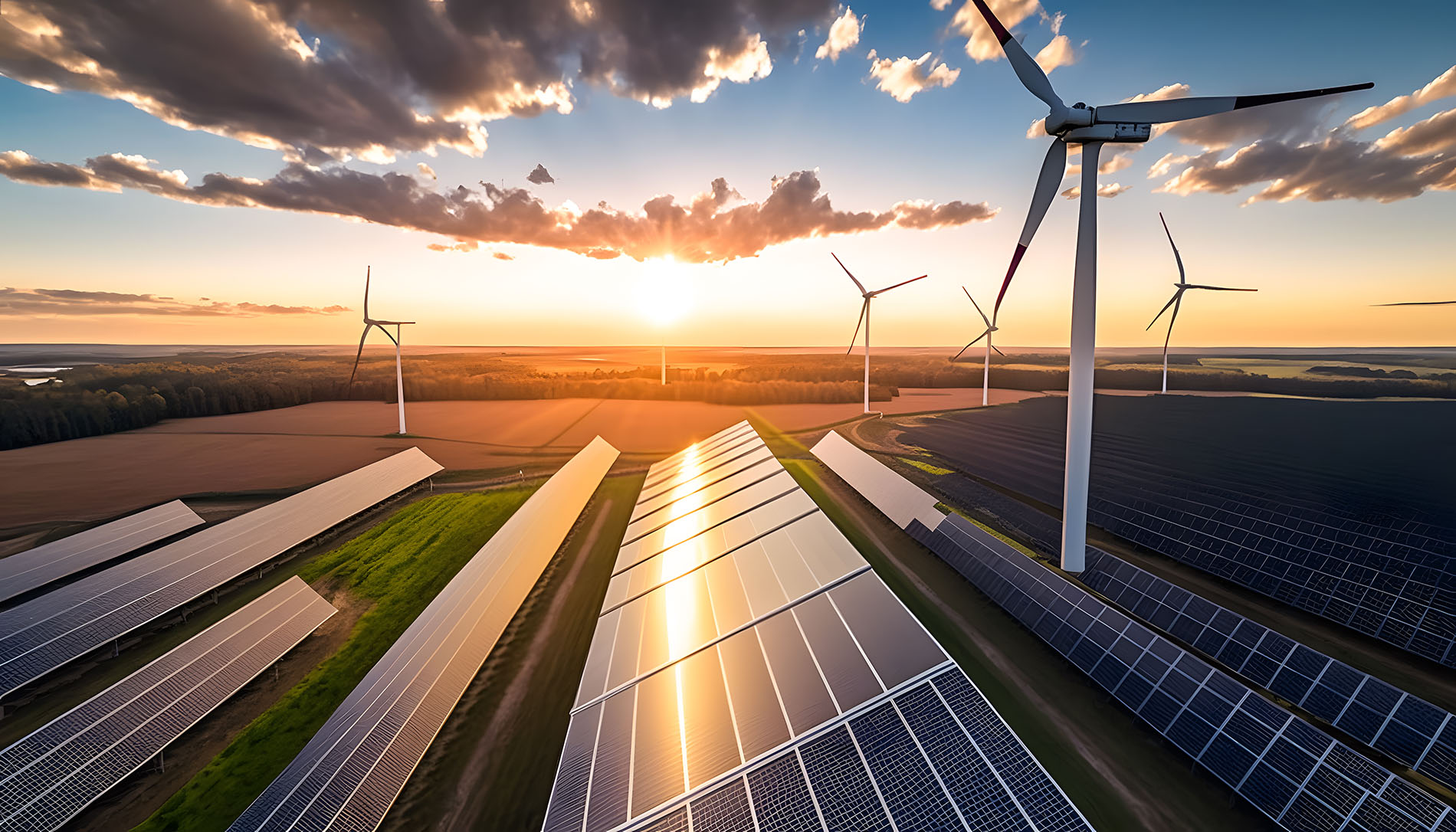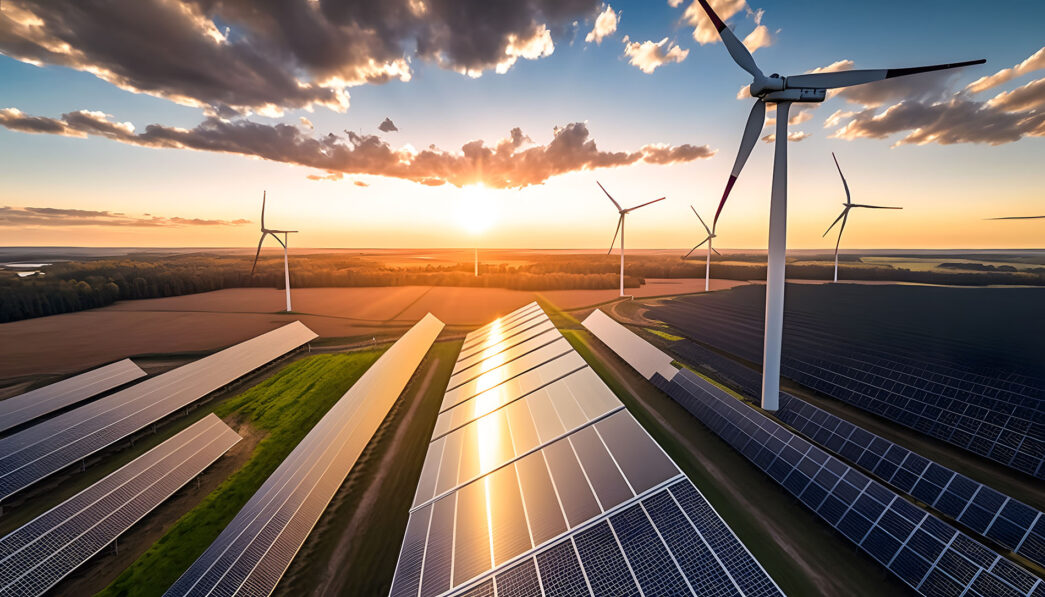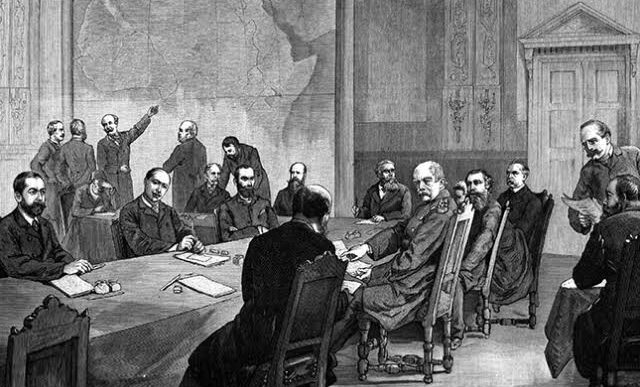BY BENJAMIN AJAYI
In the drive to address Nigeria’s pressing energy gap, particularly in unconnected villages, hybrid energy systems (HES) present a sustainable, scalable solution for bridging these divides. As Nigeria aims to achieve energy security and environmental sustainability, the potential for HES to transform energy delivery in remote communities cannot be overstated. By combining renewable sources like solar and wind with battery storage and, when necessary, diesel backup, HES optimise energy generation to meet local needs efficiently and affordably.
Many rural villages in Nigeria remain off-grid, with limited or no access to reliable electricity. This energy gap hinders economic growth, restricts access to quality healthcare and education, and perpetuates socio-economic challenges.
According to data from the International Renewable Energy Agency (IRENA), over 43% of Nigeria’s population live without reliable access to electricity, with about 66% residing in rural areas. For unconnected villages, power is often either non-existent or supplied intermittently by costly, polluting diesel generators. Bridging this gap is critical, not only for achieving Nigeria’s electrification goals but also for driving economic and social improvements across these underserved communities.
Advertisement
HES offers a decentralised power solution for these off-grid areas since the cost of grid extension is prohibiting. HES provides a balanced approach to energy generation, harnessing renewable sources whenever possible and supplementing with diesel power only when necessary, reducing fuel dependency and pollution while providing reliable power. Nigeria has an abundance of solar resources due to its location around the equator.
Some rural communities in Nigeria have already benefited from HES projects. For example, in Katsina state, a hybrid solar-diesel system now powers multiple healthcare centres and schools, enabling reliable service delivery around the clock. Similarly, an HES installation in Gbamu Gbamu village, Ogun state combines solar and battery storage to provide uninterrupted power to an agricultural processing centre, which previously relied on costly diesel generators.
Kurdula village in Adamawa state utilises a hybrid energy system, enhancing water access, food preservation, evening education, and job creation through solar and diesel power. In Torankawa, Sokoto state, a hybrid solar and wind project powers local businesses, lowering costs, enhancing commerce, and fostering socio-economic growth in rural communities. These projects demonstrate the capacity of HES to transform local economies by enabling essential services, extending business hours, and creating new economic opportunities in regions previously limited by unreliable power.
Advertisement
HES has the potential to help Nigeria to achieve its sustainability goals, by enabling clean, renewable energy use and reducing the environmental footprint of rural electrification, supporting Nigeria to achieving net-zero emissions by 2060.
Moreover, HES promotes economic sustainability by offering long-term savings on energy costs. While the initial setup costs can be high, the reduction in diesel usage and the increasing affordability of battery storage make HES a cost-effective choice over time. This financial sustainability benefits local governments, businesses, and households, freeing up resources that can be reinvested in community development.
Several factors are driving HES growth globally, advances in battery storage technology are making HES more reliable and affordable, allowing longer energy storage times and reducing the need for diesel backup. New battery technologies, such as lithium-ion and redox flow batteries, offer increased storage capacity and energy density, providing a solid foundation for rural electrification. Additionally, energy management systems with AI-driven algorithms are optimising HES efficiency, enabling real-time monitoring, predictive maintenance, and intelligent load distribution. These technologies ensure that renewable sources are maximised, minimising the environmental and economic impact of diesel use.
Supportive policies and innovative financing mechanisms, including green bonds, tax incentives, and blended financing, are further accelerating HES adoption. Blended finance, which combines public and private investment, is particularly effective for de-risking HES projects and attracting new investors, crucial for scaling these systems.
Advertisement
Despite the benefits, challenges to HES adoption in Nigeria remain. The intermittent nature of renewable sources, high initial capital costs, and varying regulatory frameworks across states can complicate HES implementation. Additionally, integrating these systems into Nigeria’s existing infrastructure poses technical and logistical hurdles, especially in remote areas with limited road access.
To address these challenges, targeted policy support is essential. This includes streamlined regulatory processes, subsidies or grants for initial capital investments, and incentives for using renewable energy. Collaborations between government bodies, private sector entities, and international organisations are also critical for overcoming these barriers, as joint efforts can help reduce financial and logistical challenges.
As Nigeria intensifies its commitment to sustainable development, HES stand out as a powerful tool for achieving energy access and environmental goals. The benefits of these systems extend beyond energy security; they enable economic empowerment, environmental protection, and social development. For unconnected villages, HES offer a pathway to clean, affordable, and reliable electricity, laying the groundwork for a brighter, more sustainable future.
With over 11 years of experience in the energy sector, Ajayi has worked with diverse organisations and is currently a commercial analyst. His expertise spans oil and gas, renewable energy, sustainability, strategy and energy financing, with a particular focus on driving renewable energy development and sustainable solutions.
Advertisement
Views expressed by contributors are strictly personal and not of TheCable.
Add a comment










